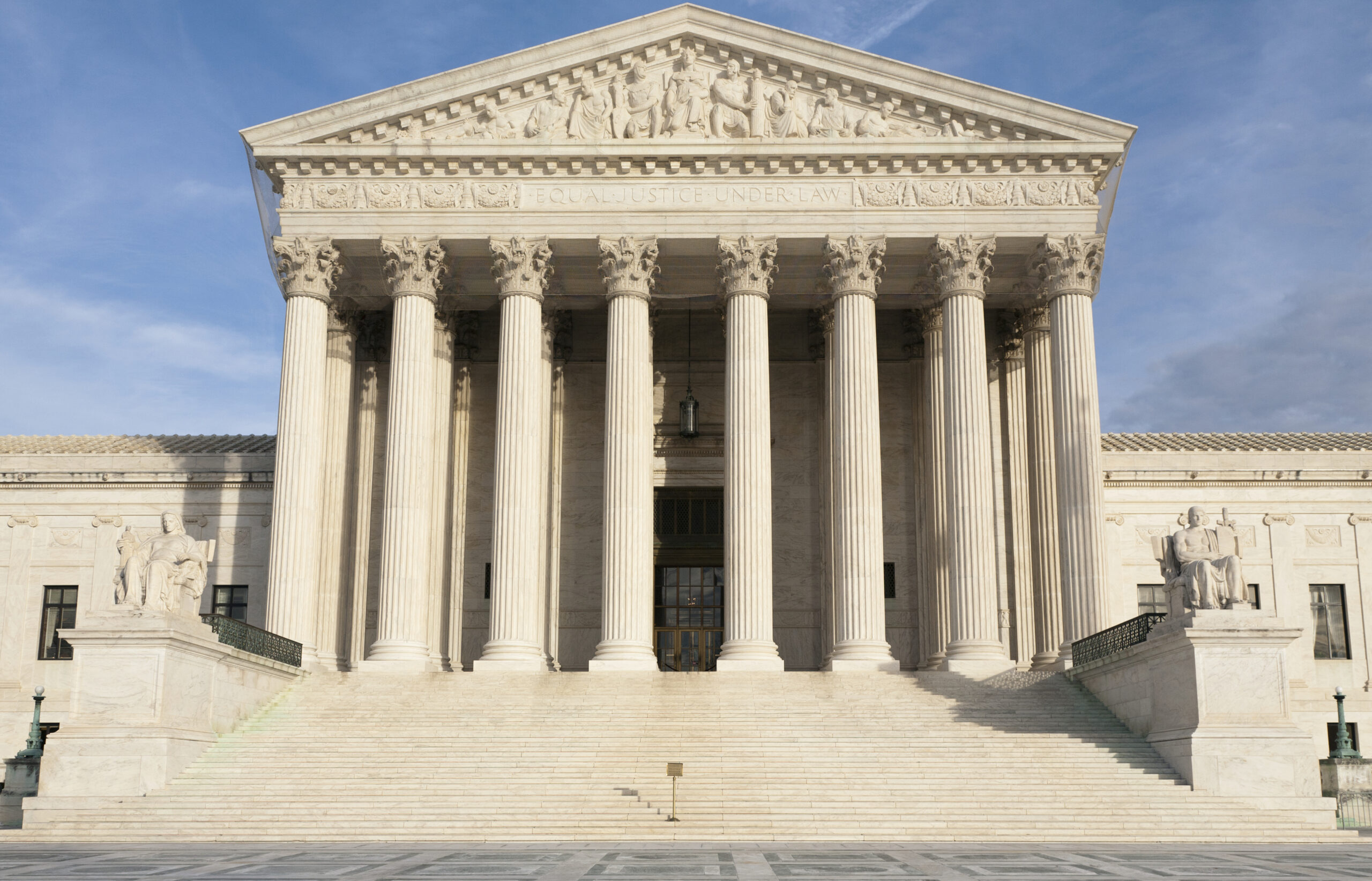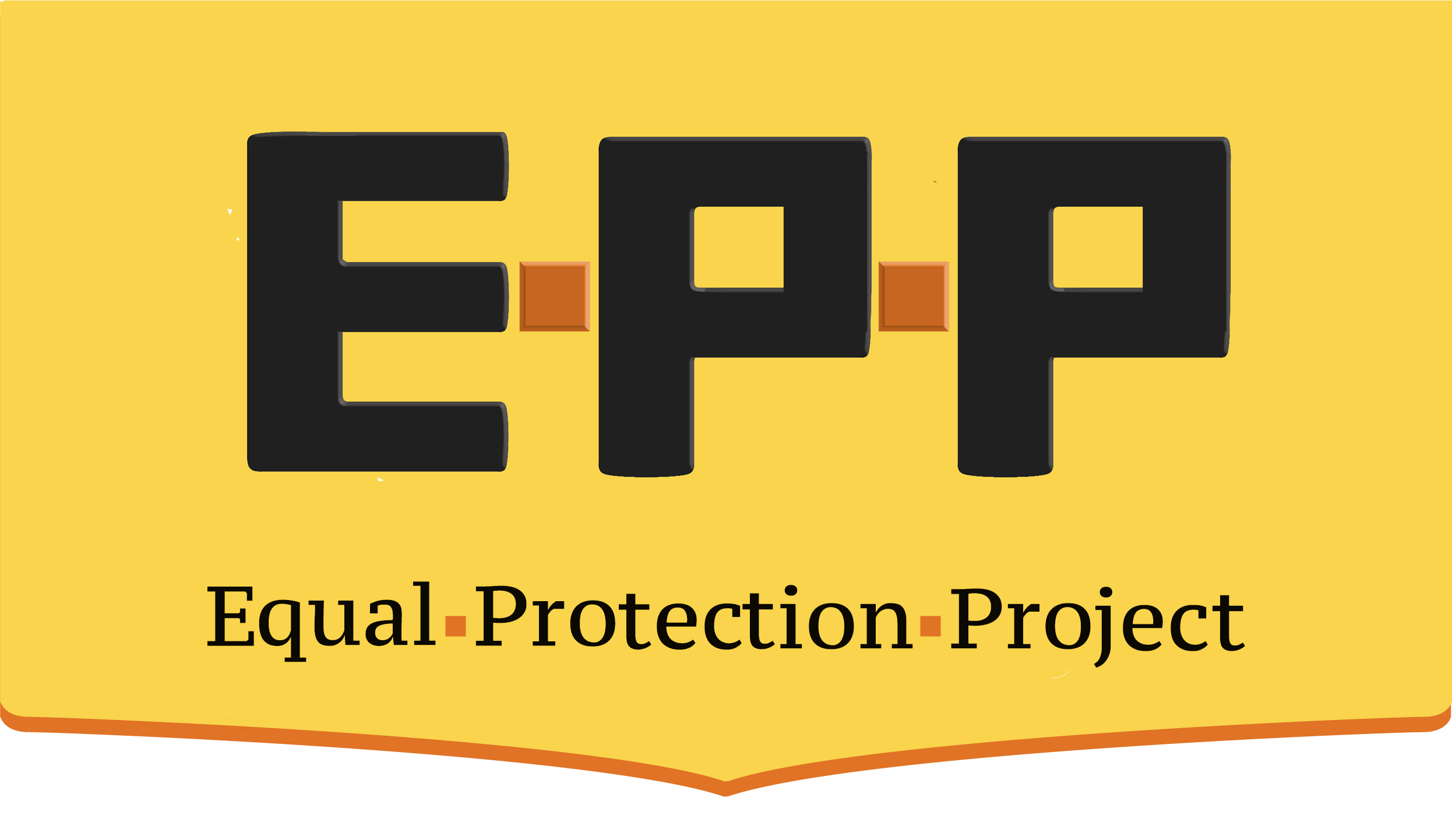
Case
Equal Protection Project supports First Amendment rights of anonymous donors at Sixth Circuit
Case Particulars
Tribunal
U.S. Court of Appeals for the Sixth Circuit
Date Filed
November 21, 2025
Docket No.
25-3170
Case Status
Amicus brief filed supporting Appellee
Case Overview
On November 21, 2025, the Equal Protection Project (EPP) filed an amicus curiae, or “friend-of-the-court,” brief in the United States Supreme Court in Buckeye Institute v. IRS, et al.
Most 501(c)(3) tax-exempt organizations must annually disclose to the IRS the total of the contributions and gifts received by it during the year, and the names and addresses of all “substantial contributors.” Substantial contributors are those whose aggregated contributions total more than $5,000, and more than two percent of the total contributions received by the organization in the reported tax year.
These filings are available for public inspection upon request, but the IRS is required to redact the names and addresses of contributors.
Just four years ago, the Supreme Court struck down a California law that required tax-exempt charities to provide this same information to the government as a matter of course. The Court rules that absent “a substantial relation between the disclosure requirement and a sufficiently important governmental interest,” compelling charitable organizations to disclose the names of their donors violates the First Amendment right to association. This case asks the court to apply the same rule to the IRS’s virtually identical across-the-board requirement that 501(c)(3) organizations disclose their substantial contributors to the federal government.
EPP’s amicus brief offers the court three additional reasons it should protect the First Amendment rights of anonymous donors to those Buckeye offers:
First, we address the high likelihood of such potentially government-held private donor information becoming public through technological access to online data or leaks.
Second, we examine the worsening ideological divide, and use of political violence, in the United States. Such targeting is likely to occur if and when otherwise anonymous donor information becomes public.
Third, we address the long-held tradition in the United States of anonymous political participation. Indeed, many of our Founding Fathers exercised this exact option in order to protect themselves and their property from reprisal.
At stake in this case is not only the free association rights of Americans expressing themselves anonymously through donations to charitable organizations, but the ability of those organizations to continue serving the public interest. The Sixth Circuit should protect the First Amendment.


